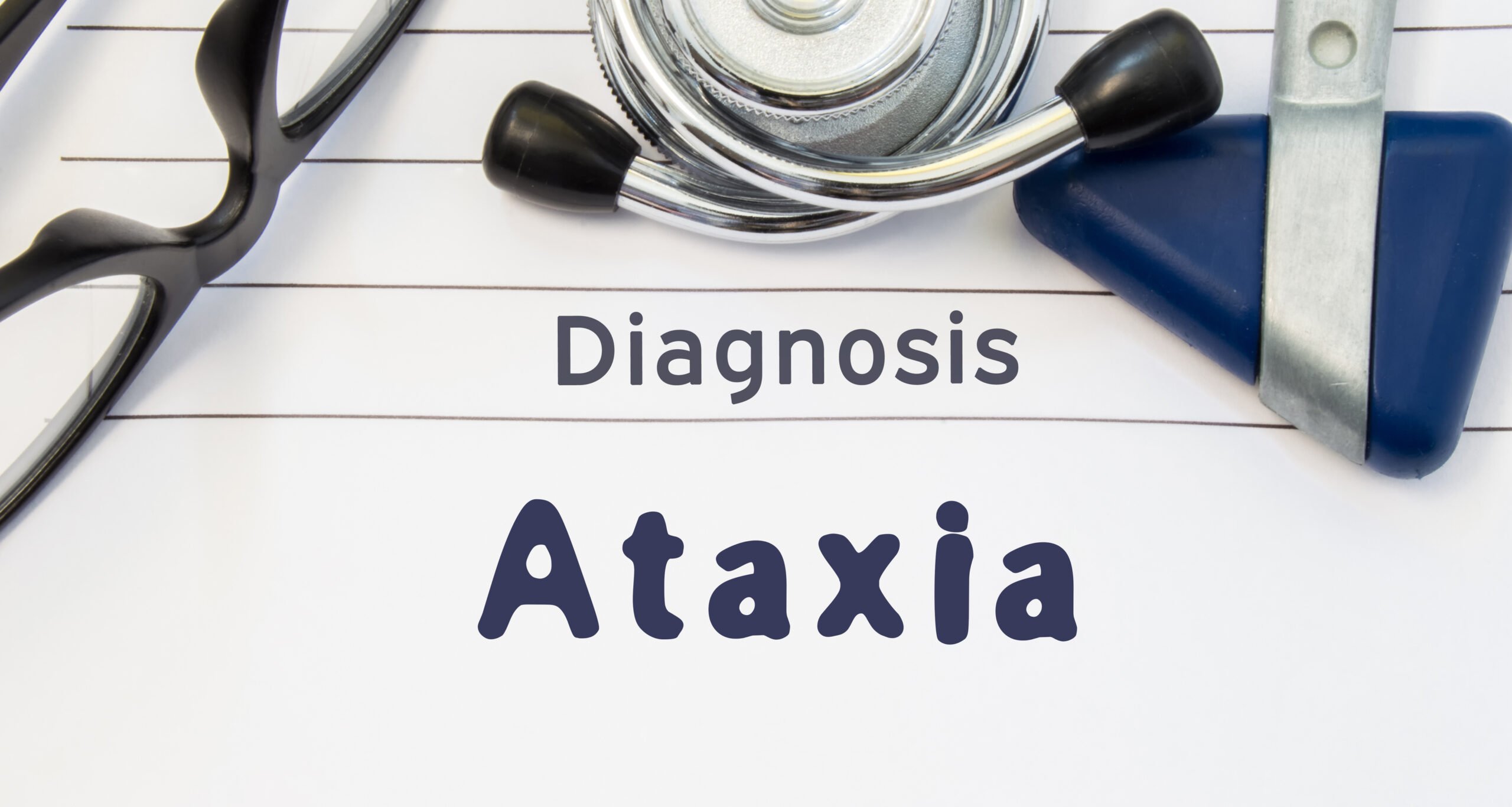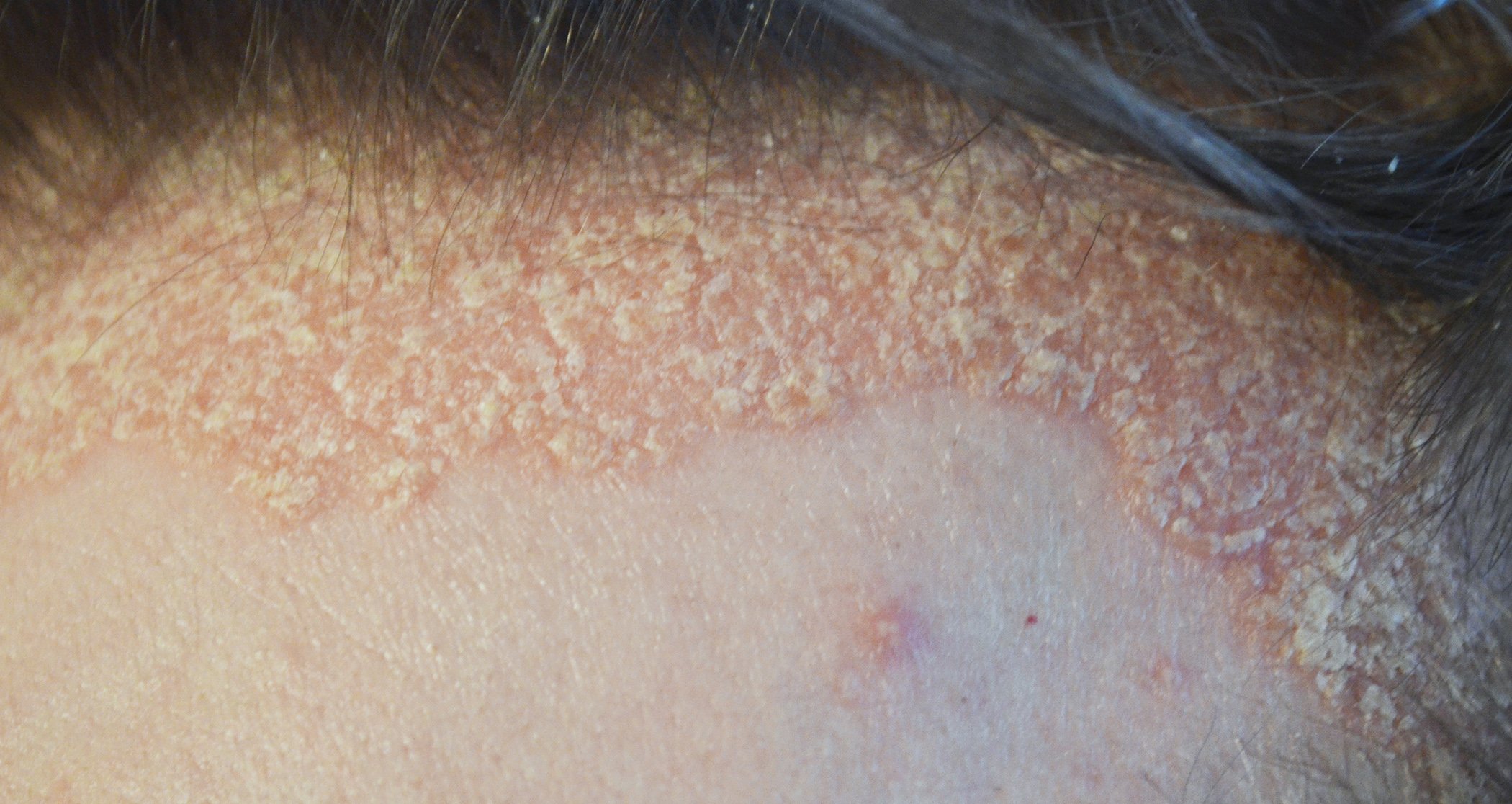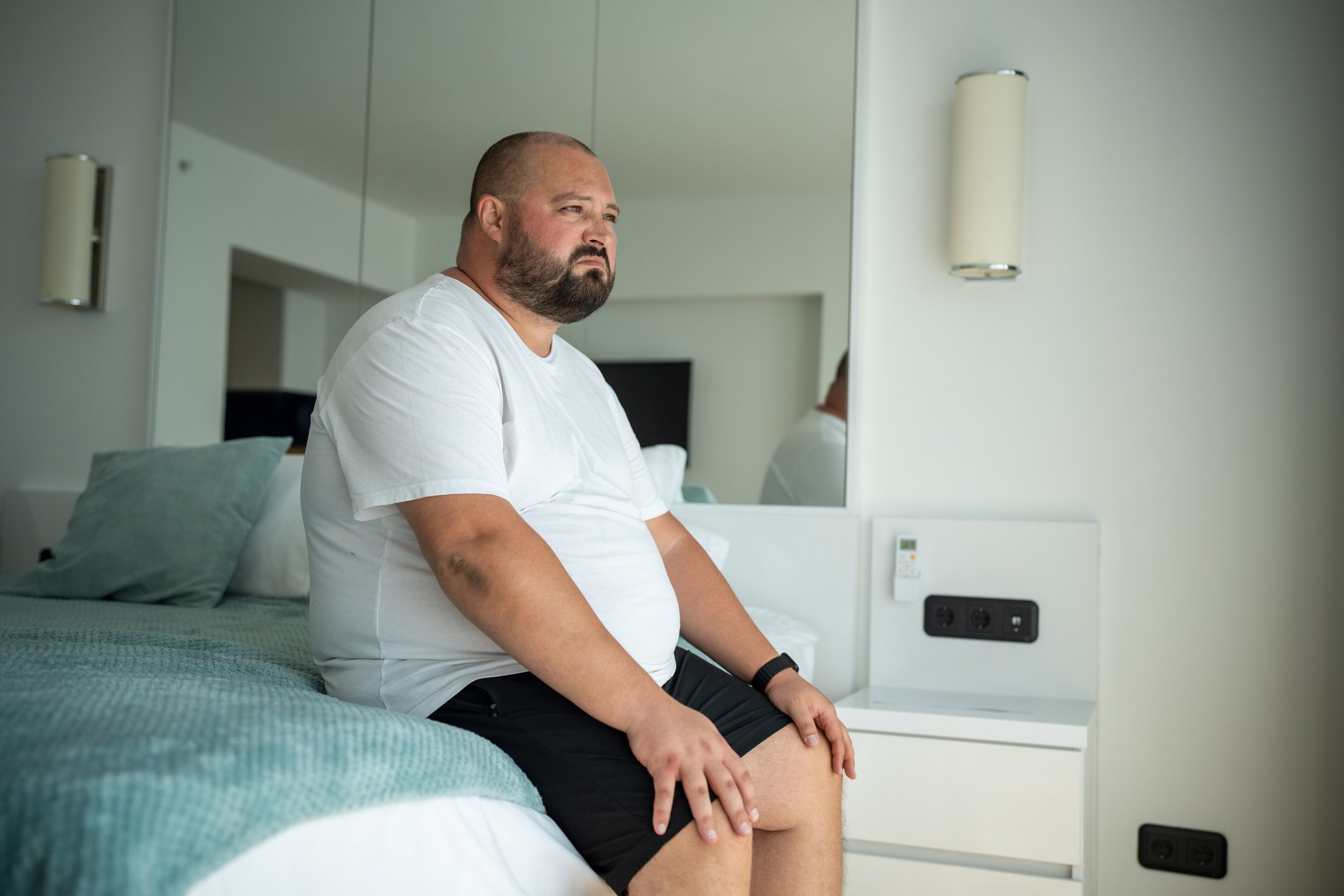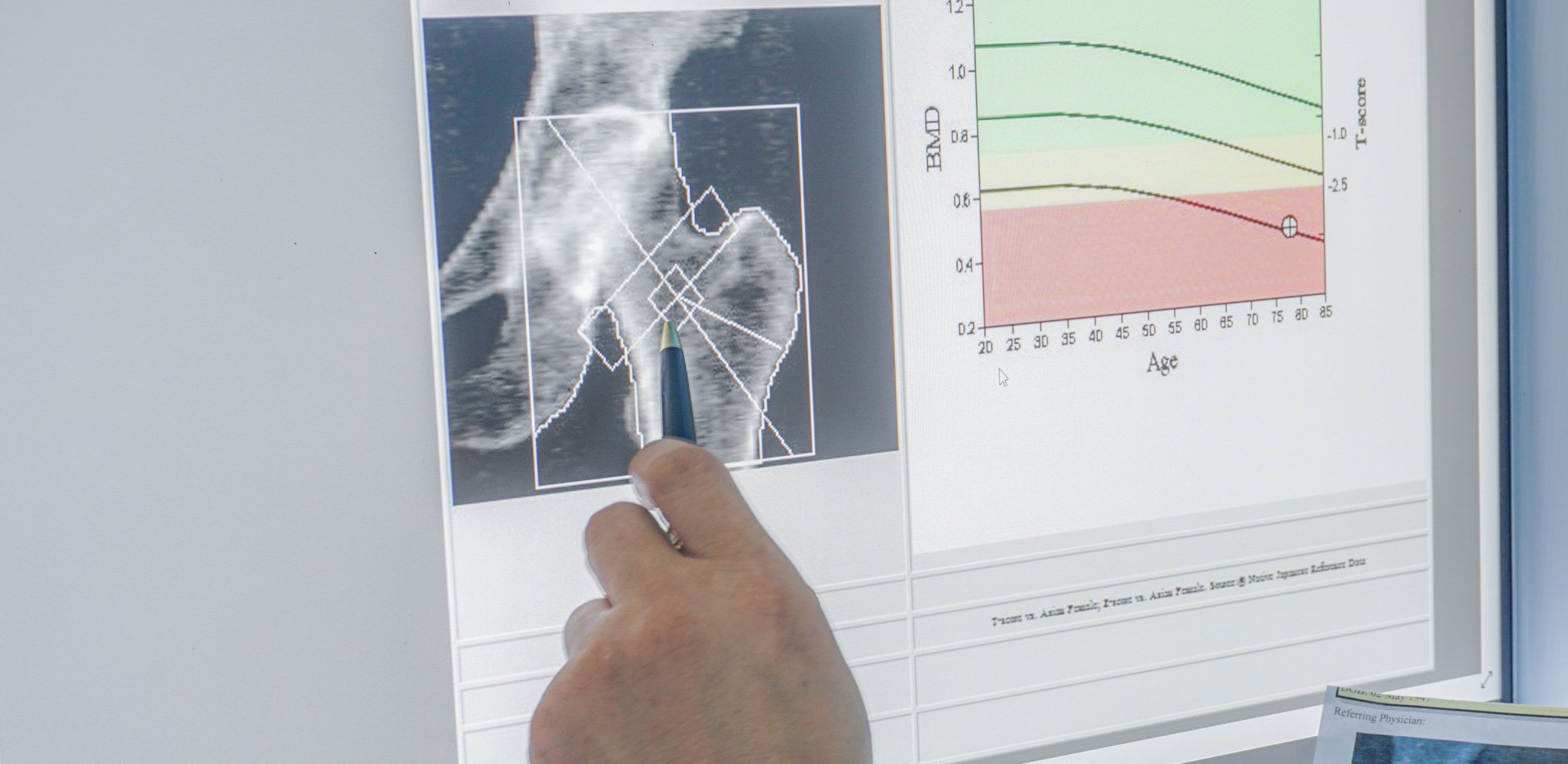A 54-year-old female patient presents with chronic cough, but it is not caused by pulmonary or ENT disease.
Background: A 54-year-old female patient presents to her family physician with a chronic cough. She was a nonsmoker as well as a nondrinker, and with the exception of obesity (BMI of 31), there were no known medical problems. Upon careful questioning, the patient stated that the cough was especially uncomfortable after eating. Likewise, there would be occasional heartburn and acid regurgitation, especially during physical activity and at times during the night. These reflux symptoms have remained untreated until now. Previous examinations by the pulmonologist and otolaryngologist had not revealed bronchial asthma or other respiratory diseases.
The patient was referred for evaluation of possible laryngopharyngeal reflux. Gastroscopy revealed no evidence of reflux esophagitis, but a small hiatal hernia (<3 cm). The patient was then treated with proton pump inhibitor therapy (2x20mg/d) for 2 weeks. However, the complaints improved only insignificantly as a result.
History and diagnosis: For further clarification, the patient was referred to another gastroenterologist for a second opinion. High-resolution manometry and 24-h impedance pH-metry were performed to establish the diagnosis. Physiologic examination revealed a mechanically insufficient reflux barrier, mild pathologic acid exposure of the distal esophagus, and a statistically significant association between a reflux event and patient symptoms, including cough.
Therapy: The patient was then treated for 8 weeks with high-dose proton pump inhibitor therapy (Nexium® 2x40mg/d) combined with an alginate preparation (Gaviscon® 5ml after meals and before bedtime). Under this optimal pharmacological antireflux therapy, the symptoms slowly improved until finally it was possible to switch to treatment with lower-dose proton pump inhibitors and alginate after meals and when needed.

 Comment by Prof. Dr. med. Mark Fox
Comment by Prof. Dr. med. Mark Fox
and Prof. Radu Tutuian, MD:
Not all patients with reflux disease show typical heartburn or acid regurgitation. Laryngopharyngeal reflux disease is a common cause of chronic cough, altered voice, or other nonspecific complaints. If an attempt at therapy with proton pump inhibitors does not lead to an improvement in the symptoms, the cough may be caused by non-acid reflux instead of acid reflux. Laryngoscopy and gastroscopy rarely reveal severe inflammation of the pharynx or esophagus. Therefore, to confirm the diagnosis, further diagnostics by means of 24h-impedance pH-metry is required, which detects acidic and non-acidic reflux. A therapeutic approach with high-dose proton pump inhibitors over several weeks is reasonable because the laryngopharyngeal structures are slow to recover from acid contact. In addition, regular administration of Gaviscon® is helpful because the preparation forms a soothing layer on the mucosa and floats on the stomach contents like a raft, suppressing both acid and non-acid reflux.











